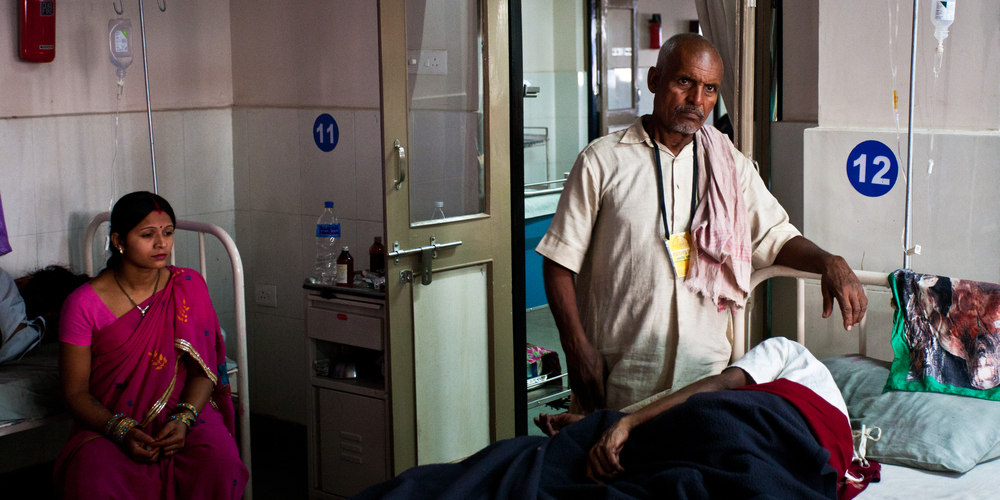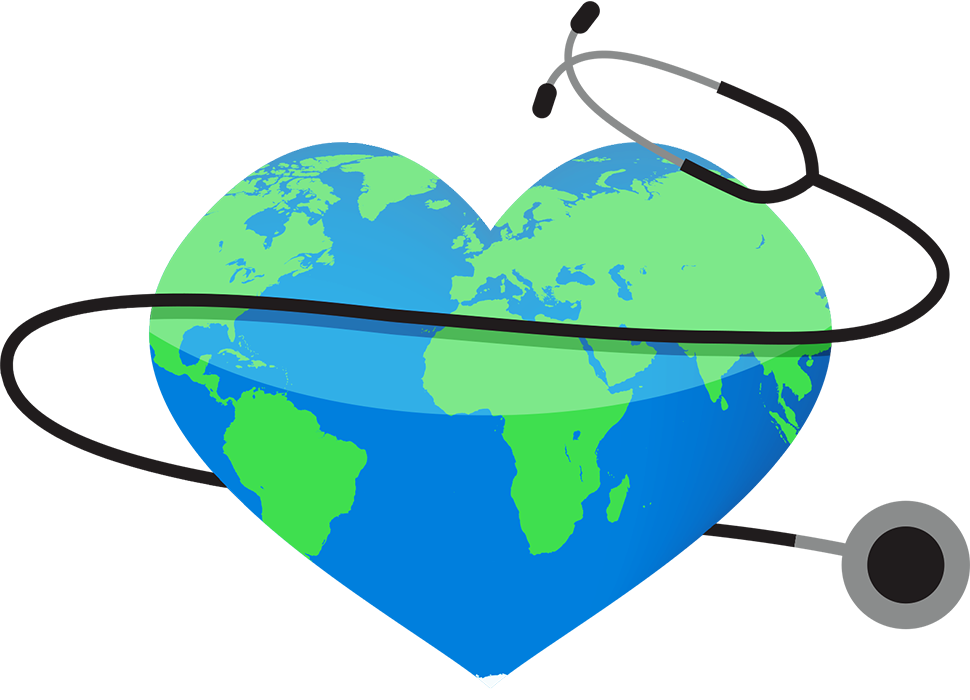
Despite signs of improvement is some areas, there is a long way to go on the road to achieving adequate healthcare provision in the developing world. Practical measures such as improving infrastructure and facilitating storage and distribution must be addressed in order to reach out to as many people as possible.
Basic resources such as medications and preventive measures such as immunisation programmes, mosquito nets and contraceptive measures can dramatically reduce the incidences of infections such as HIV, measles and tuberculosis. Treatments for illnesses that are considered minor in the developed world, such as diarrhoea, could also save many lives very quickly.
Improving sanitation would decrease diseases such as cholera and typhoid and would contribute to improved standards of general health; access to clean running water should be a basic human right. This is one of the most important improvements needed in the developing world.
Education is instrumental to the promotion of a healthy and happy life; people need to be made aware of the dangers related to certain lifestyle choices and should have the opportunity to learn how to protect themselves and their families. Providing people with the necessary training and resources such as crops, livestock or fishing rods will help them to earn a living and provide for their families.
Governments need to realise the gravity of the situation the developing world is facing; poverty must be tackled as a priority. Ongoing support from charities and developed countries will help to improve the situation but the leaders of these countries must learn to take care of their citizens and gain independence.
